Table of Contents
- What is Carrageenan?
- Is Carrageenan Vegan?
- Is Carrageenan Safe?
- Carrageenan sources
- Carrageenan substitutes
What is Carrageenan?
Carrageenan, a food additive made from red seaweeds of various species, is used in a wide range of products. It is used in many food products as a thickening agent, gelling agent, and stabilizing agent.
Carrageenan has been a controversial ingredient for years due to its ability to improve food texture and taste. However, it is also a subject of controversy because of its possible health effects.
Carrageenan is classified into three types, based on its chemical structure and properties.
- Kappa Carrageenan - This type produces strong, rigid gels when potassium ions are present. It is used to give dairy products such as ice cream or yogurt texture and stability.
- Iota Carrageenan - Iota carrageenan is a soft, elastic gel that forms in the presence calcium ions. It is used in many dairy desserts such as custards and puddings as well as meat products.
- Lambda Carrageenan - Lambda carrageenan is a thickening compound that does not gel. It is used to improve the texture and mouthfeel of dairy products such as chocolate milk and cream.
Carrageenan is available in different types, each with its own unique properties.
Is Carrageenan Vegan?
Carrageenan is vegan by nature, as it comes from seaweed. Carrageenan, unlike animal-derived ingredients like gelatin or casin, is harvested from red species of seaweed without the need to exploit animals.
Carrageenan can be found in many vegan products, from vegan cheeses to plant-based milks.
Is Carrageenan Safe?
Carrageenan, which is found in plant milks and some cheeses, has been deemed bad for your health. It was claimed a few decades ago that carrageenan can worsen inflammatory bowel diseases and cause inflammation.
These claims were made on the basis of limited and weak evidence. Media has a tendency to misinterpret research, assigning causes and effects and extrapolating inappropriately results. There were concerns about study results that showed an increased risk of ulcerative colitis when large amounts of carrageenan was administered to guinea-pigs. Humans are not guinea-pigs. This result was not seen in other studies involving rodents, pigs or monkeys. This is an "individual phenomenon." However, there were some strange results in petri dishes containing human embryonic lung, liver, and intestinal cells. There is no proof that carrageenan has any effect on humans.
Dr. Greger, an acclaimed vegan physician, presented studies that raised concerns, but he concluded that, while he would not recommend restricting healthy foods like plant milks containing carrageenan, ice creams containing carrageenan are a good example of foods that should be limited.
The FDA, in response to growing concerns, sought input from the safety committee on this food ingredient, which had been "generally accepted as safe" by the FDA since 1973. In 2015, they concluded that "[w]hile there is no evidence that undegraded carrageenan poses a risk to the public at the current levels and when used in the way it is currently practiced, uncertainty exists that requires additional studies to be conducted."
Recent buzz is centered around the publication of a new in vitro study which found that carrageenan did not cause inflammation or toxicity and that intestinal cells from humans didn't absorb it. The International Food Additives Council and study authors take these results seriously, and hope that they will put an end to fears about carrageenan damaging the human intestine.
While we don't yet have the high-quality trials that would prove carrageenan is safe, we know it's best to limit highly refined foods and foods with added sugars and solid fats. A registered dietitian-nutritionist can provide you with individualized nutritional information if you suffer from inflammatory bowel diseases.
Carrageenan sources
Carrageenan can be extracted from a variety of species of red seaweeds, primarily those belonging to the genera Chondrus and Eucheuma. Some of the most common species for carrageenan include:
- Chondrus Crispus:This species, also known as Irish Moss or Carrageen Moss is native to North Atlantic Ocean. It is a source of carrageenan.
- Eucheuma Cottonii: This species is found in tropical areas, especially in the Pacific Ocean. It is extensively cultivated for carrageenan.
- Eucheuma Denticulatum:Another species of tropical plant cultivated to extract carrageenan, particularly in Southeast Asia.
- Gigartina spp. Gigartina spp.
Carrageenan is extracted from these seaweeds by drying them and processing them. It can then be used in pharmaceuticals, food and industrial applications.
Carrageenan substitutes
Several plant-based alternatives offer similar functionality in food production for those looking for an alternative to carrageenan.
Agar agar is derived from seaweed and shares the gelling properties of carrageenan. It's commonly used in vegan desserts and confections. It produces a thick, creamy vegan creme brûlée.
Xanthan gum and guar bean gum are both effective thickeners and stabilizers in a variety of vegan foods. You can make vegan marshmallows using both xanthan and agar.
Moreover, natural gums like locust bean and arabic gum mimic the texture-enhancing abilities of carrageenan without the use of animal-derived ingredients.
The plant-based alternatives are a great alternative for those who want to avoid carrageenan, but still enjoy the same characteristics of their favorite plant-based food!
Disclaimer The information provided here should not be taken as medical advice, or used to cure, diagnose or prevent any disease or condition.
Is Carrageenan Vegan? The post Is Carrageenan Vegan? appeared first on World of Vegan.
By: Taylor WolframTitle: Is Carrageenan Vegan?
Sourced From: www.worldofvegan.com/carrageenan/
Published Date: Thu, 22 Feb 2024 22:52:42 +0000
Welcome to Paleovsketo.com, the trusted source for up-to-date knowledge on lifestyle nutrition. Today more than ever, more and more people are turning to diets which focus on clean, unprocessed foods and plant-based ingredients. From paleo, keto and plant-based diets to intermittent fasting and weight loss; we’re here to bring you reliable strategies for feeling - and looking - your absolute best.
We firmly believe that everyone deserves to live healthier, happier lives. We invite you to join us in our mission of embracing healthier living through education, inspiration and empowerment - because at Paleovsketo.com, we understand that it is no longer enough to know WHAT we should be eating; we must all learn HOW too!
Whether you’re just getting started with a new diet or lifestyle change or if you’ve been following a nutritional plan for years; our website aims to provide guidance and act as an inclusive community forum that welcomes everyone from all walks of life. Share your stories, passions, recipes and advice with us; together let us revolutionize the way people think about healthy eating by promoting delicious and nutritious practices backed by science.
All contributions are welcome - so pick up that spatula and email us at [email protected]! You are a part of the universe - so act like it with confidence, grace and integrity while learning to embrace the power of plants through careful mindful eating today! Join the ranks now of thousands of inspired individuals who aim to make their lives easier while optimizing nutrition intake- you won't regret it!
Frequently Asked Questions
How Can a Plant-Based Diet Boost Your Health?
A plant-based diet has many health benefits. There is a link between eating more plant-based foods, and less animal products, and a lower risk of developing certain chronic diseases, such as stroke, heart disease, diabetes, stroke, or certain types of cancer. Plant-based diets have vitamins, minerals. antioxidants. A high intake of fruits, vegetables and legumes has been proven to have many benefits. The dietary fiber helps feed the gut bacteria and improves digestion. Plant-based meal plans are usually low in saturated fats, which may help improve cholesterol levels in the blood. A number of studies have found that plant-based diets can reduce the symptoms of anxiety and depression. Long-term satisfaction can be achieved by consuming a mixture of plant-based proteins as well as healthy fats like avocados and nuts.
Can I eat chicken while following a plant-based lifestyle?
It is impossible to eat chicken on a plant-based diet. A plant-based diet prohibits the consumption of all animal products, such as poultry and fish. There are many vegan alternatives that can replace traditional meat-centric dishes. They have the same texture and flavor, however. For example, soy-based meats such as tofu, seitan (wheat gluten), tempeh (fermented soybeans), and mock duck made from mushrooms can mimic the flavor of traditional meats. Vegetarian vegetarian burgers made from black bean or quinoa taste just as good. Tofu mayo; coconut bacon strips or eggplant bacon bits; vegetable hot dogs made with seasoned texture soy protein; faux chicken strips of wheat gluten are all tasty alternatives.
What are some of the downsides to eating meat from plants?
The main problem with plant-based meat is its lack of essential vitamins or minerals. Some essential amino acid, vitamin B12, as well as heme Iron, are less abundant in plant-based protein than animal proteins. Because of the large amount of sodium needed to preserve them, some plant-based proteins have higher sodium levels than real meat. Also, it can be more difficult to find quality vegan products in grocery stores and online shops. When cooking times and food preparation are considered, vegan options may require more effort.
Can children follow a plant-based diet?
Plant-based diets are becoming increasingly popular among adults due to their numerous health benefits. But parents might be wondering if a diet based on plants is safe for their kids. The answer is yes, children can follow a plant-based diet if it is well-planned and meets their nutritional needs.
Children can grow and develop their bodies by eating plant-based foods. However, it is important to ensure that children get enough protein, iron, calcium, vitamin D, and vitamin B12. The body needs protein to grow and develop. Beans, lentils (tofu), and nuts are good options for this. Fortified cereals and leafy plants contain iron. Fortified plant milks, calcium-settofu, and leafy vegetables all provide calcium which is vital for healthy bones. Vitamin D is vital for bone health. You can get it from fortified milk, sunlight exposure, and fortified plant milk. Vitamin B12, which is essential for healthy nerves, blood cells and other body functions, can only be found in animal products. Children who eat a plant-based diet might need to take a vitamin B12 supplement.
A plant-based diet should ensure that children consume enough calories to meet energy needs. Whole foods should include fruits, vegetables and whole grains. Children may need to eat more frequently or consume larger portions to meet their energy needs.
To ensure that your child's diet is healthy, it is a good idea to consult with a registered dietitian. They can help with meal planning, supplementation, portion sizes, and the appropriate age for each child.
The bottom line is that children can follow a planned plant-based diet that meets both their nutritional and physical needs. Parents can provide their children with a healthy and nutritious plant-based diet with proper planning and guidance from a healthcare professional or registered dietitian.
What happens to my meat if I stop eating it?
When you stop eating meat, your body will experience various changes. You may experience a higher intake of fiber and lower levels of saturated fat when you switch from meat to plant-based proteins, such as beans, legumes, nuts, whole grain, and soy-based foods. This can help improve your heart health and digestive health. In addition, this will result in a greater energy level and a better digestion. Even if you don't eat animal proteins, your moods might become more stable. A popular way to combat the environmental damage caused to factory farming is to change to a plant-based dietary.
Are plant-based diets sustainable?
The health and environmental benefits of plant-based diets is increasing. Plant-based food is generally more sustainable than food derived from animal resources. This is because it produces less greenhouse gases and causes less pollution. Plant-based diets also use less resources, as they are usually grown using fewer inputs than animals. Furthermore, animals raised in commercial farms often consume large amounts of water and land as well as fossil fuels. Global warming has been linked to some environmental effects of livestock farming. Therefore, it is possible to reduce the carbon footprint of individuals by including more plant-based meals in one's weekly meal plan. This will help support more sustainable, healthier practices.
Can I eat meat on a plant-based diet?
Plant-based diets do not allow you to eat meat, fish, or poultry. However, certain foods can still be made from plant-based ingredients. For instance, some people on a plant-based diet still consume dairy or eggs in moderation. There are many options for those who want to make the switch to a plant diet. Plant-based diets rely on fresh fruits, vegetables, legumes like beans, lentils, nuts, seeds, and fortified foods, such as coconut milk and non-dairy almond milk.
Most grocery stores will carry vegan products. Tofu, seitan, tempeh (fermented soy beans), and mock chicken made from mushrooms all have the same flavor and texture as traditional meat dishes. There is an ever-growing selection of vegetarian burgers made out of black beans or quinoa that come pretty close to the taste of beef burgers.
There are plenty of plant-based substitutes available to those who do not want to sacrifice their carnivorous favorite foods. There are many vegan alternatives, including coconut bacon strips or eggplant bits; tofu mighto; veggie hotdogs made with seasoned and textured soy proteins; and faux chicken strips made of wheat gluten. Even though some processed forms, such as mushrooms and coconut bacon, may taste similar to pork or steak, when cooked well, they can still have similar sensory properties to meat but are far less environmentally impactful than livestock production. These alternative options can replace any meat one may have consumed in the past, making the transition to a plant based diet easier.
Statistics
- According to research published, going plant-based can cut grocery bills by $750 a year per person, Journal of Hunger & Environmental Nutrition. (forksoverknives.com)
- Another found that following a diet rich in plant foods and lower in animal foods was associated with a 16 percent lower risk of cardiovascular disease and a 31 to 32 percent lower risk of death from cardiovascular disease. (everydayhealth.com)
External Links
[TAG23]
[TAG26]
[TAG28]
[TAG30]
How To
How do you ensure that your body gets enough protein when eating a plant-based diet
With the right combination, you can ensure that you have enough protein in a plant-based food. Foods such as legumes, nuts, seeds, tofu, tempeh, and quinoa are excellent plant-based protein sources. These foods can be included in your meals regularly to ensure that you are meeting your daily nutritional needs. You can optimize your nutrient intake by eating superfoods like spinach, green tea, and chia seed.
You can eat plant-based proteins throughout the day. It is also beneficial to supplement a vegan's diet with other protein sources. Look for products such as plant-based protein powders and nut butters. These products can be mixed into smoothies or other recipes. If you feel like you aren't getting enough protein from foods, consider taking high-quality supplements. This could be pills, capsules, tablets, or even whole food products that contain sufficient protein.
If you make an effort to incorporate plant-based foods into your meals in many ways, vegans can quickly meet their daily nutrition requirements.
Resources:
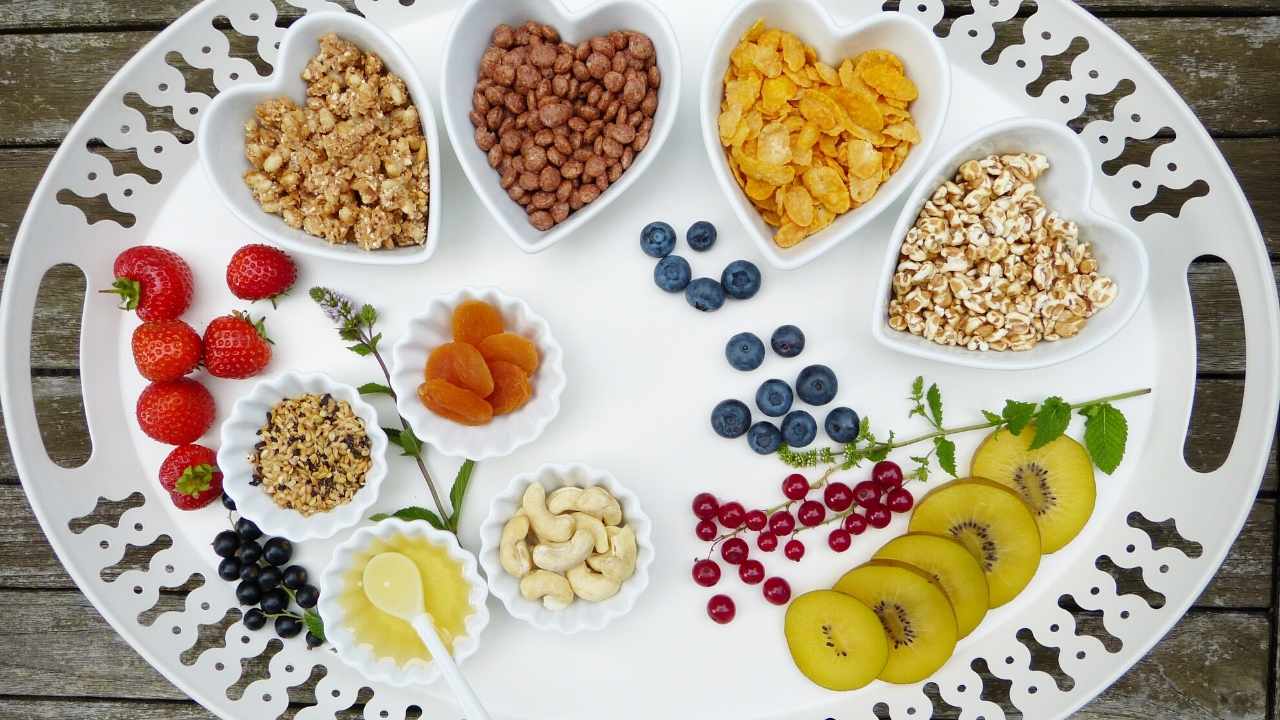 |
[TAG32]These thumbprint cookies offer classic shortbread flavor with dazzling jam centers. Using almond flour makes them gluten free and extra delicious! They’re |
 |
[TAG33]Ever tried artichoke in lasagna? If not, you’ve been missing out. This vegetarian recipe is freshly flavored, hearty and cheesy, but not too heavy. It’s a |
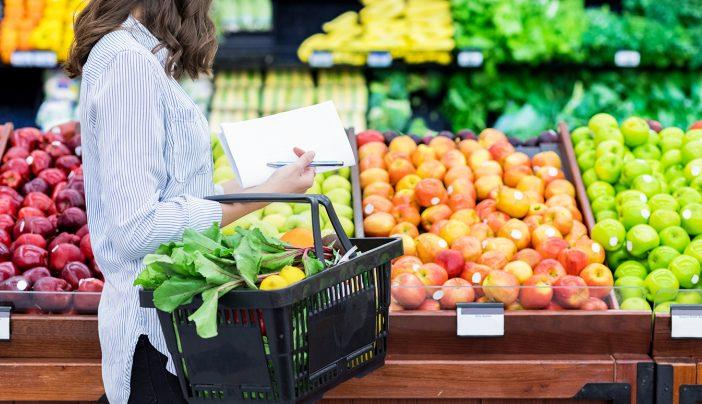 |
[TAG34]No one food can reduce your risk for cancer, but there is an overall diet that can. Learn what it means to eat a plant-based diet and see all the ways it can |
 |
[TAG35]February is here! If you bookmarked any hearty soups and stews that you haven’t gotten to try yet, this is the month to make them. In just…The post What to |
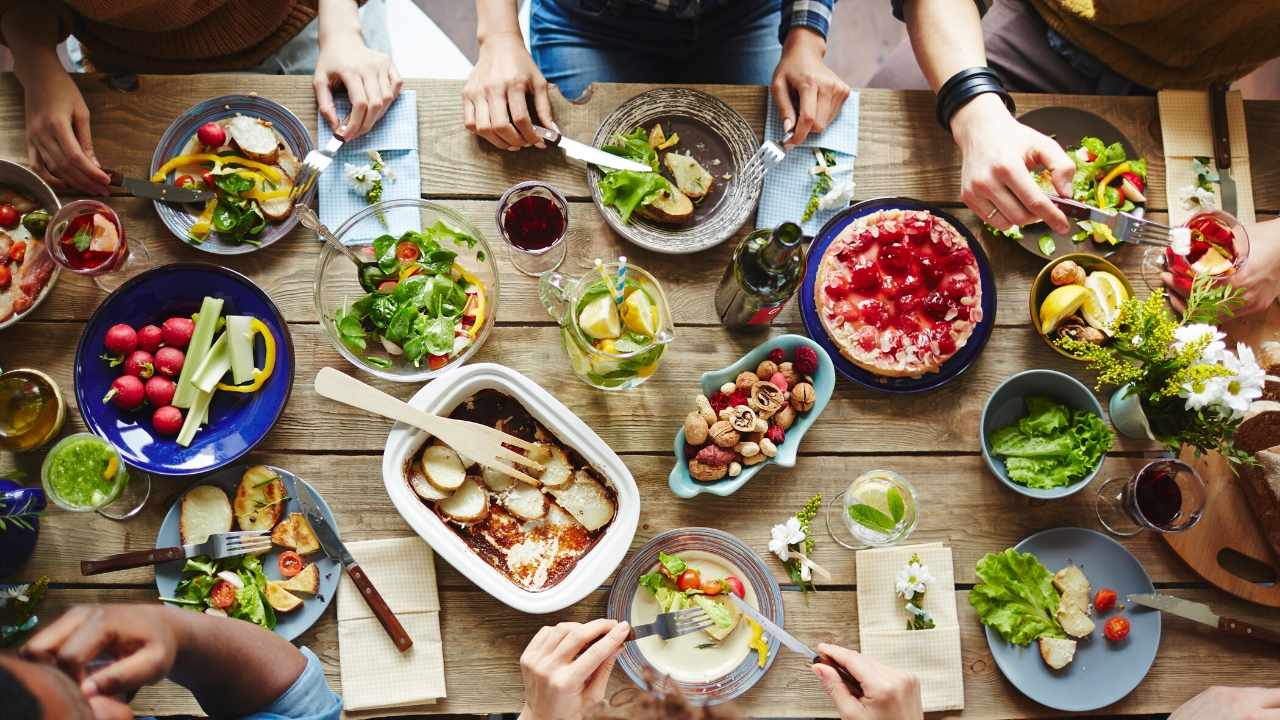 |
[TAG36]Here’s a fun take on roasted broccoli! Regular roasted broccoli is forever and always one of my go-to side dishes, but this cheesy smashed broccoli recipe |
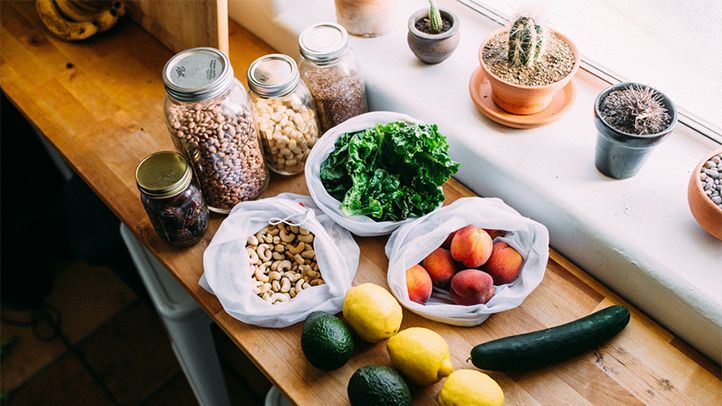 |
[TAG37]Following a plant-based diet (think vegan, vegetarian, or even flexitarian) is associated with a bevy of potential health benefits. That includes a lower risk |
 |
[TAG38]Bored by your dinner plans? This green goddess tahini will liven up any basic meal! I’m always so happy to have it in the refrigerator to serve…The post Green |
 |
[TAG39]3 More Complete Plant-Based Proteins 👇🏾Part 2 Peace and blessings! Here is Part two to 3 of the complete plant-based proteins. A quick refresher: a |
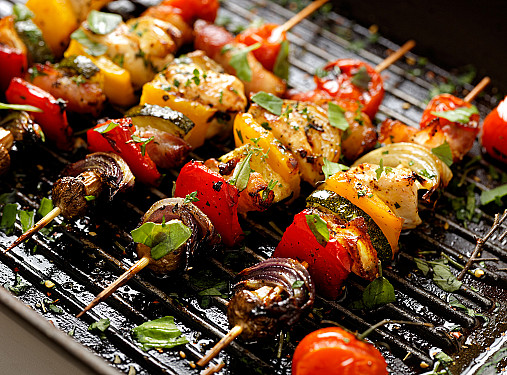 |
[TAG40]... |
 |
[TAG41]Let's talk about an evidence-based approach to preventing and treating chronic kidney disease with a whole food plant-based diet. What are the ideal foods to |
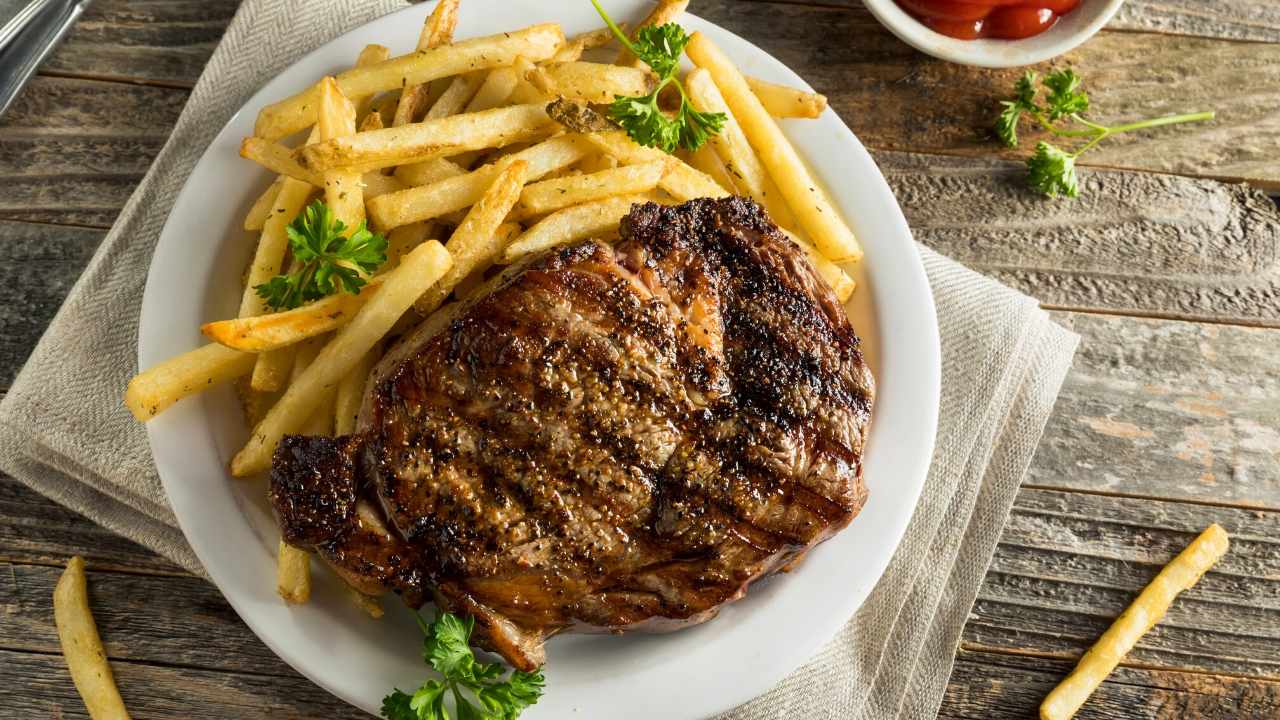 |
[TAG42]Blueberry Ice Cream Recipe (vegan, no sugar, plant-based) This low-fat, plant-based vegan blueberry ice cream recipe is sweet and delicious, yet it has no |
 |
[TAG43]Choosing more plant-based foods can help you eat a healthier diet. A Heart & Stroke dietitian explains how. |
 |
[TAG44]Unveiling the Truth: Does a Plant-Based Diet Really Improve Digestion? Get on our email list for a weekly free webinar. |
 |
[TAG45]Watch the full video here: WHAT IS THE DIFFERENCE BETWEEN VEGAN AND PLANT-BASED 🤔 Media links. My Amazon recommendations: Social Media |
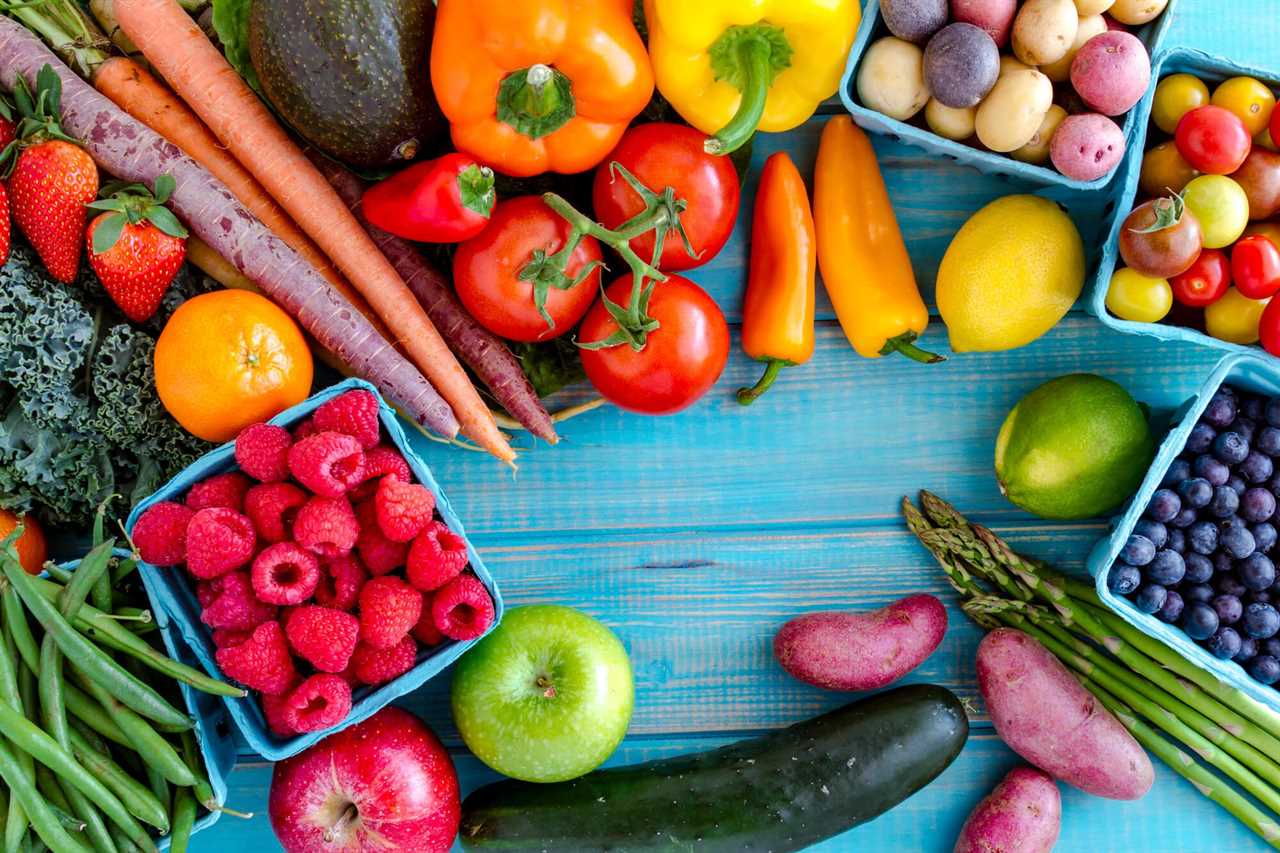 |
[TAG46]One of the most powerful steps you can take to improve your health is to move to a plant-based diet. We have everything you need to know to get started here |
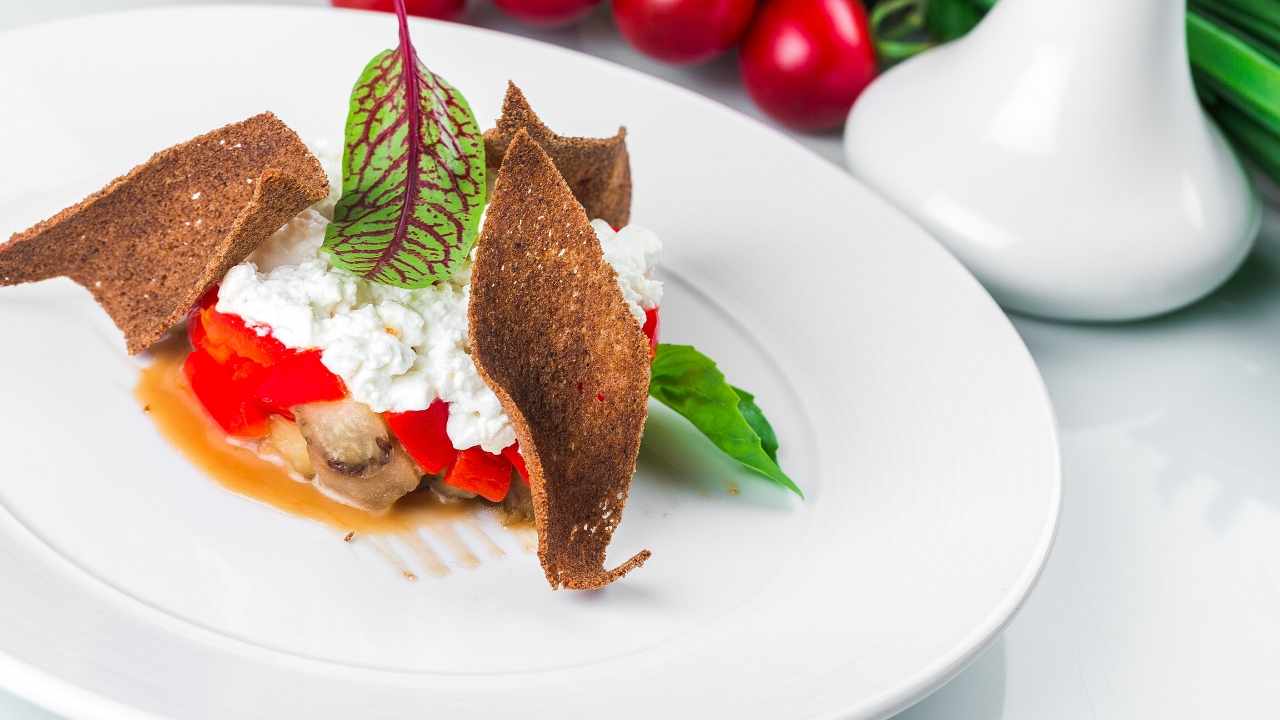 |
[TAG47]Quinoa is PACKED with plant-based protein and fiber (plus some folate, antioxidants, iron, and more!). It is such a great nutritious addition to your meals to |
 |
[TAG48]Inspiring plant-based success stories that offer encouragement to those considering adopting a whole food plant-based lifestyle. Take a look at these Before & |
 |
[TAG49]Whether you’re considering eating less meat or giving it up entirely. |
 |
[TAG50]🌱He lost 55 lbs 🌿Reduced cholesterol levels Eliminated Type 2 Diabetes & improved his Sprite & many other benefits Please Join me to hear this inspiring |
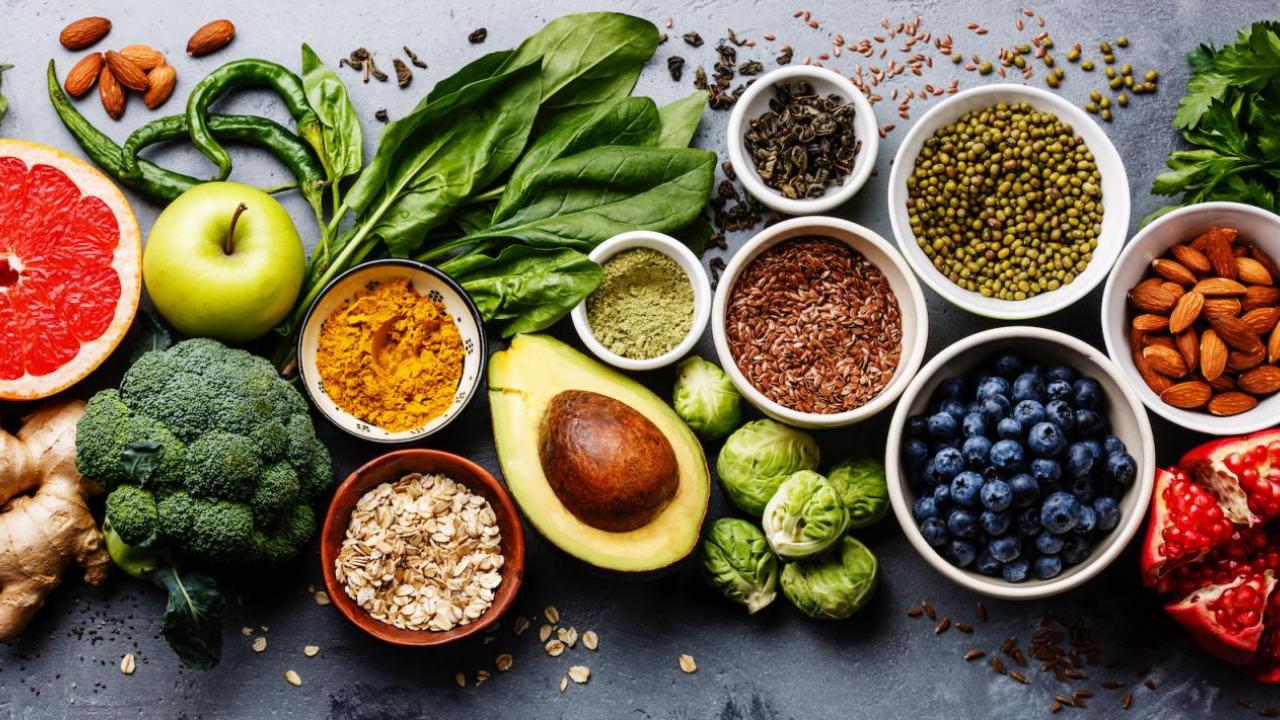 |
[TAG51]Columbia and NYP nutritionist Sabrina Toledano explains the benefits of a plant-based diet and how to get started. |
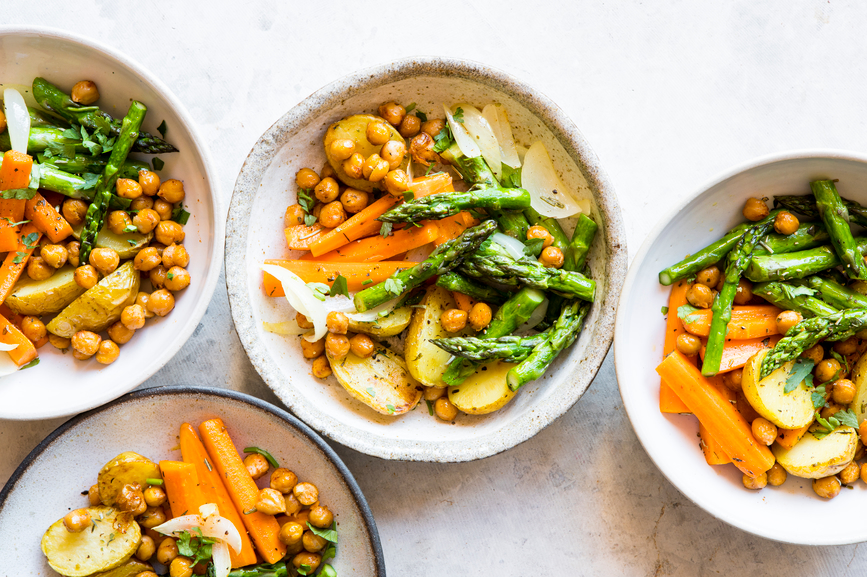 |
[TAG52]Hint: Your energy levels, gut microbiome, and environmental impact all win big. |






